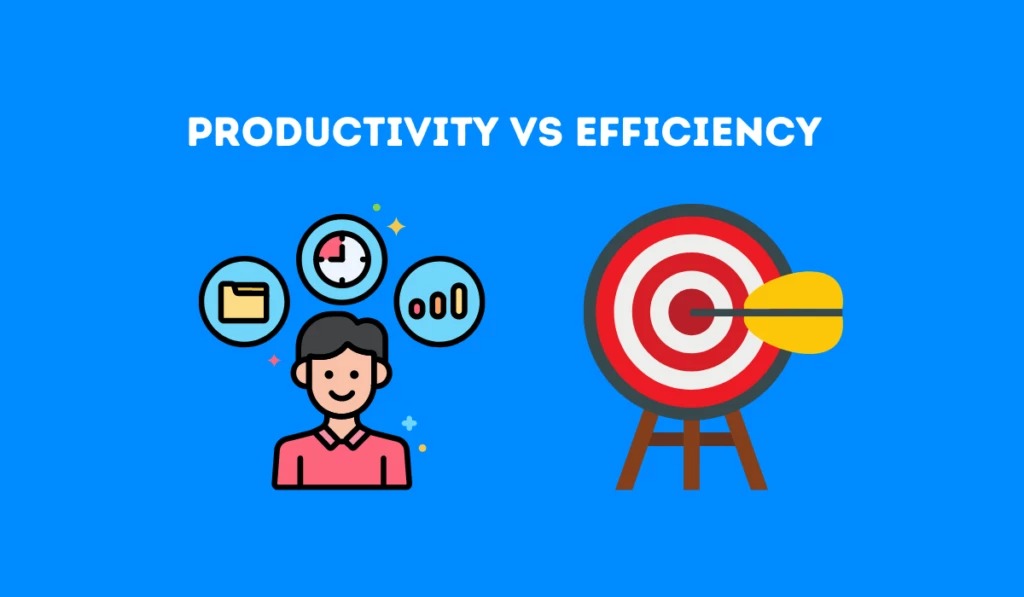In today’s information-driven workplaces, efficiently retrieving data is critical to an organization’s success. As the amount of digital data continues to expand, the ability to access relevant information swiftly and accurately has become more than a convenience—it’s a necessity for maintaining competitiveness. Enterprise search platforms have emerged as the cornerstone for businesses addressing this need. By delving into this powerful tool, companies can significantly augment their efficiency and productivity. Below, we explore how enterprise search is propelling organizational capabilities forward.
Understanding Enterprise Search: A Game-Changer for Organizational Efficiency
At its core, enterprise search comprises sophisticated technologies designed to retrieve information from various sources within an organization. Unlike public search engines, which navigate the immense terrain of the web, enterprise search focuses on a business’s internal networks. The capability to sift through documents, databases, and even email streams in search of pertinent information harmonizes data access across the company.
A well-structured data taxonomy is central to an effective enterprise search implementation. Employees can apply filters and parameters that lead to relevant search outcomes by organizing data into defined categories. This substantially reduces time wastage and enhances output as team members dedicate more time to decision-making rather than data mining.
The strength of lies in its versatility. It can integrate various data formats and sources, offering a unified access point for all organizational information. This convergence of data eliminates silos, aiding in presenting a comprehensive view of the organization’s knowledge base and allowing for better-informed business strategies.
Harnessing the Power of AI and Machine Learning
Artificial intelligence (AI) and machine learning (ML) are reshaping the domain of enterprise search. These advanced technologies enhance the sophistication of search functions, offering predictive analytics and natural language processing. Such features bridge the gap between the complexity of human queries and the precise need for relevant information.
Machine learning algorithms, in particular, adapt to user behaviors over time. They can personalize search results based on individual patterns, promoting efficiency as the system aligns with the user’s specific search tendencies and preferences. Continuous learning from user interactions ensures the system remains dynamic and increasingly efficient.
AI also introduces powerful capabilities like voice search and image recognition within the enterprise context. Employees can leverage these intuitive interfaces to expedite data retrieval, pushing the boundaries of traditional text-based searches. Consequently, AI fuels a more versatile and accessible search experience for all users.
Improving Decision-Making and Collaboration Through Enhanced Search Capabilities
Fostering an environment conducive to effective decision-making is paramount for business success. Enhanced enterprise search capabilities offer an information-rich landscape that decision-makers can rely on. Instant access to up-to-date data ensures that every decision is grounded in the most relevant and current information.
The ripple effects of an efficient search technology extend into collaboration. When team members can instantly share the same information, collaboration is streamlined. Such connectivity nurtures unity and fosters innovation as diverse insights converge to solve complex problems.
The role of enterprise search in collaboration extends beyond internal stakeholders. As companies engage with clients, partners, and suppliers, sharing accurate information swiftly is a testament to the organization’s reliability and professionalism. A robust search system can enhance external relationships, promoting a trustworthy and responsive corporate image.
Measuring the Impact of Enterprise Search on Workplace Productivity and Efficiency
When quantifying the benefits of enterprise search, the proof is often in the productivity metrics. Organizations can witness measurable gains in efficiency as enterprise search reduces the time spent locating information. This conservation of time translates into cost savings and increased output, echoing the investment’s value across departments.
Employee surveys and feedback can also illuminate the positive influence of a well-implemented system. User satisfaction scores typically rise as employees benefit from reduced frustration and enhanced self-sufficiency. When digital tools align with their needs, workers are not only more productive but also more engaged.
Overall, adopting enterprise search solutions marks a transformative step in how businesses harness information for competitive advantage. By breaking down data silos, fostering collaboration, and supporting smarter decision-making, enterprise search is an indispensable ally in the journey toward unprecedented productivity and efficiency.


